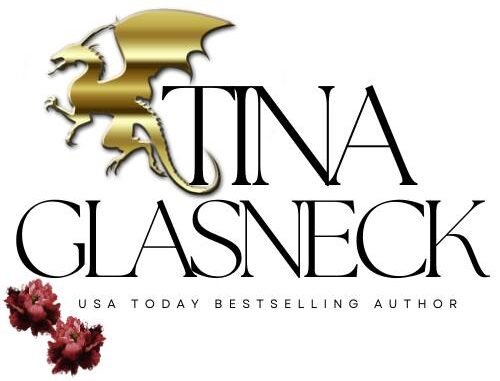Today, while talking to kidlet#1, we discussed politics. Here in Virginia, the democratic primary was being held, and with many on the ballot, and as she looked on and wondered as to who I might vote for, I had to pause.
In the voting booth with both children, this was a teaching moment: a moment where I showed in real life, and not through a text book how our voices matter.
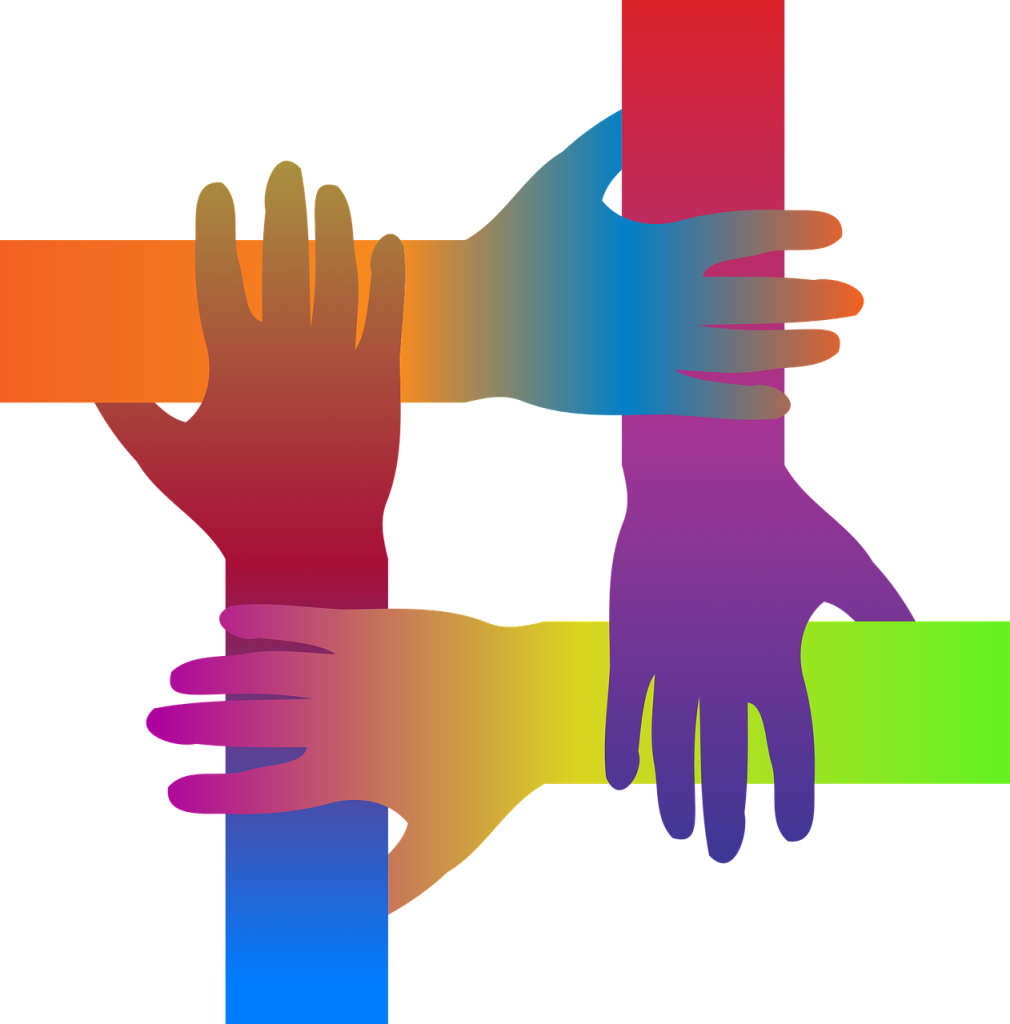
Not only in politics, but in everyday things: our voices indeed matter and as a parent, I need to support the diverse voices to counter that of racism, classism and sexism for society and for my children’s future (not even to mention ableism).
I am a 1980s child, and I knew nothing about any of those things. I grew up black, impoverished and unluckily a female (according to some). But in my neighborhood, race wasn’t an issue– I grew up with friends of all colors and nationalities. It wasn’t until my family relocated to the Deep South that I came to understand that being black came with its own stigma.
I’ll never forget the day – I was riding with my grandmother as we headed to Pulaski, Tennessee, and as we rounded the courthouse, I watched men in sheets chant epithets and spew hate. I asked my grandmother about it, and she told me to ignore those fools.
But what is known cannot be unknown or forgotten.
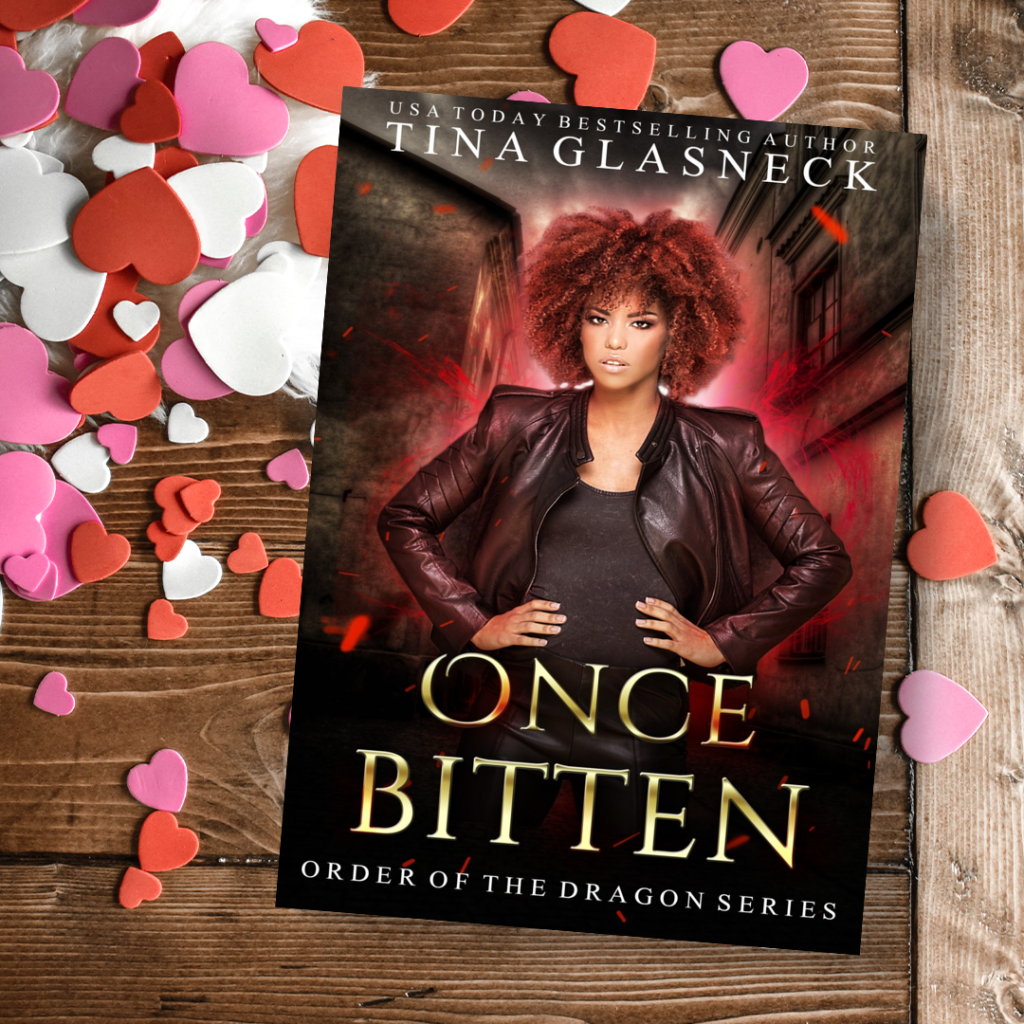
Only after this fierce and blatant experience was I forced to face that European beauty standards would dictate my own beauty. My lips and nose were considered too wide; my derriere too round; my laughter too robust; my hair too curly.
I was supposed to cower in the background, and be okay with it, but I wasn’t.
Instead, I sought to create my own path, and strengthened by the tenets of my faith, and family, and embraced by a high school where we were all eclectic, different and thriving on this difference, I pursued excellence.
I tried out for plays; studied hard, acted, travelled, and never let anyone put me in a corner because of what they expected me to be like. (Another reason I write about dragons and waifs turning into warriors.)
Luckily in the 80s, I grew up with television characters that reflected my world, such as The Cosby Show and A Different World, followed in the 90s by In Living Color, Family Matters, Martin and Livin’ Single.
Diversity in pop culture and media are important.
The media and entertainment industry play an important role in race relations, as many people only know of certain ethnicities based on the image as produced through Hollywood’s lenses.
Stereotypes that are visually reinforced, and without basis.
We’ve not yet moved to a society where all are embraced, but maybe this can be the beginning of it. Maybe through diverse fiction, and the telling of tales that move the masses, others can embrace stories that star members of differing ethnicities, genders and sexual orientations.
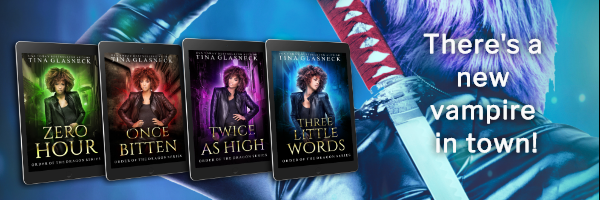
Diverse fiction doesn’t mean that everything is about race relations or some huge historical struggle. A story by an African American author doesn’t have to include narratives about slavery. A romance doesn’t have to be about race any more than a children’s cartoon. Were the Huxtables any less relatable because they were a black family?
Instead, this and representations of diverse mediums reflect the diverse community we are, as well as helps to build bridges – removing the sense of otherness, and instead recognizing that the stories we tell are those of the heart – the same boy meets girl love stories, travel adventures, war stories, heck, even horror.
By building those bridges we help to eradicate the growing chasm of hate which we find ourselves wallowing in.
So, instead of just deferring to a homogeneous or default representation in fiction, I’m happy to be part of a forthcoming boxed set that reflects the world in which I live.
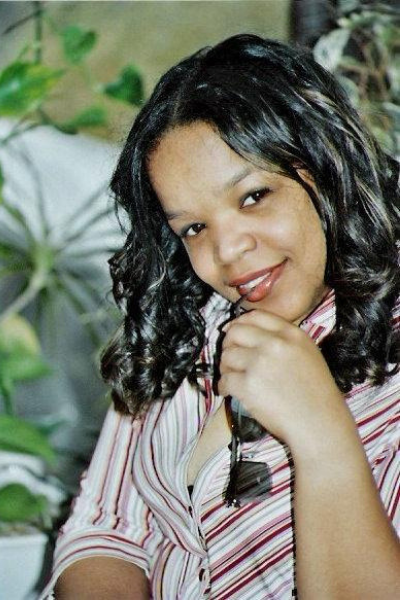
My America is composed of several races, ethnicities, sexual orientations, and genders. And there is room in fiction for all of us.
Let’s embrace diverse fiction because we are living in a grand diverse world!
#diversitymatters #representationmatters
